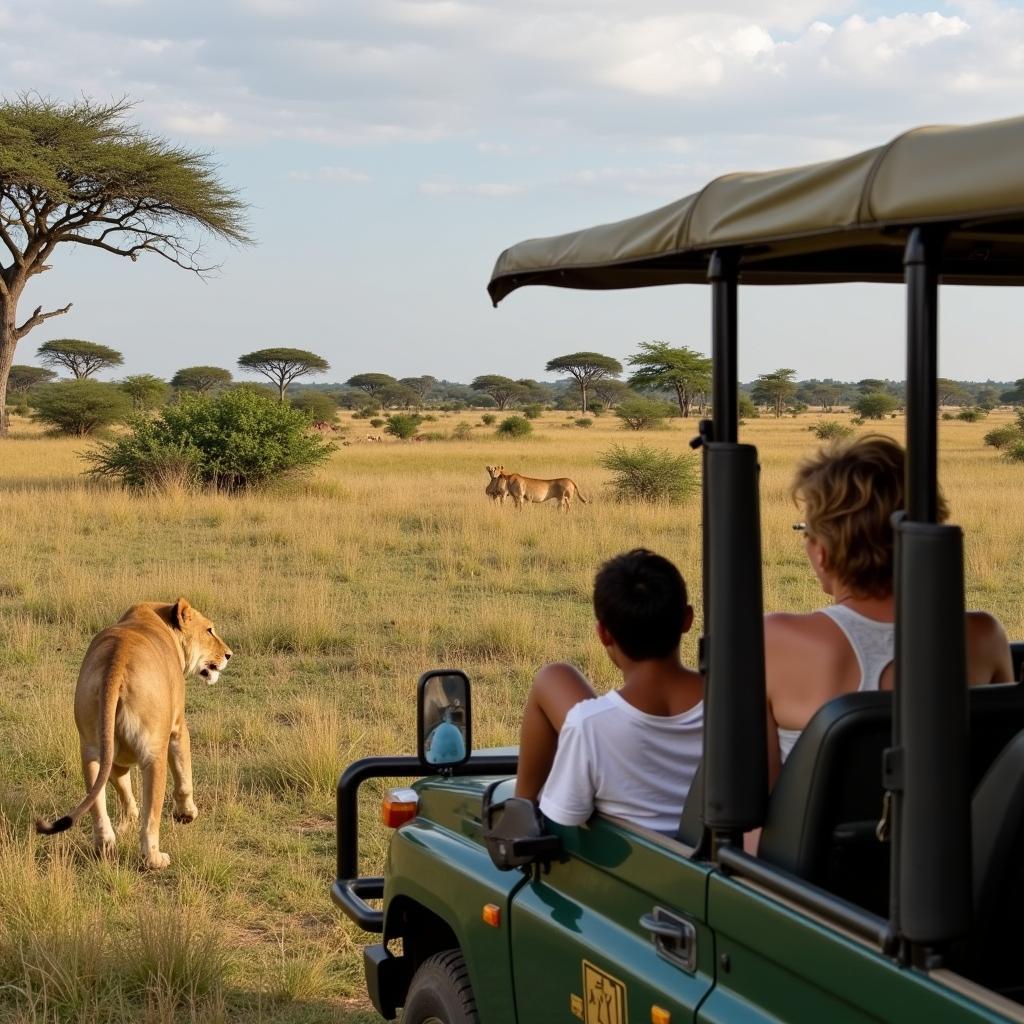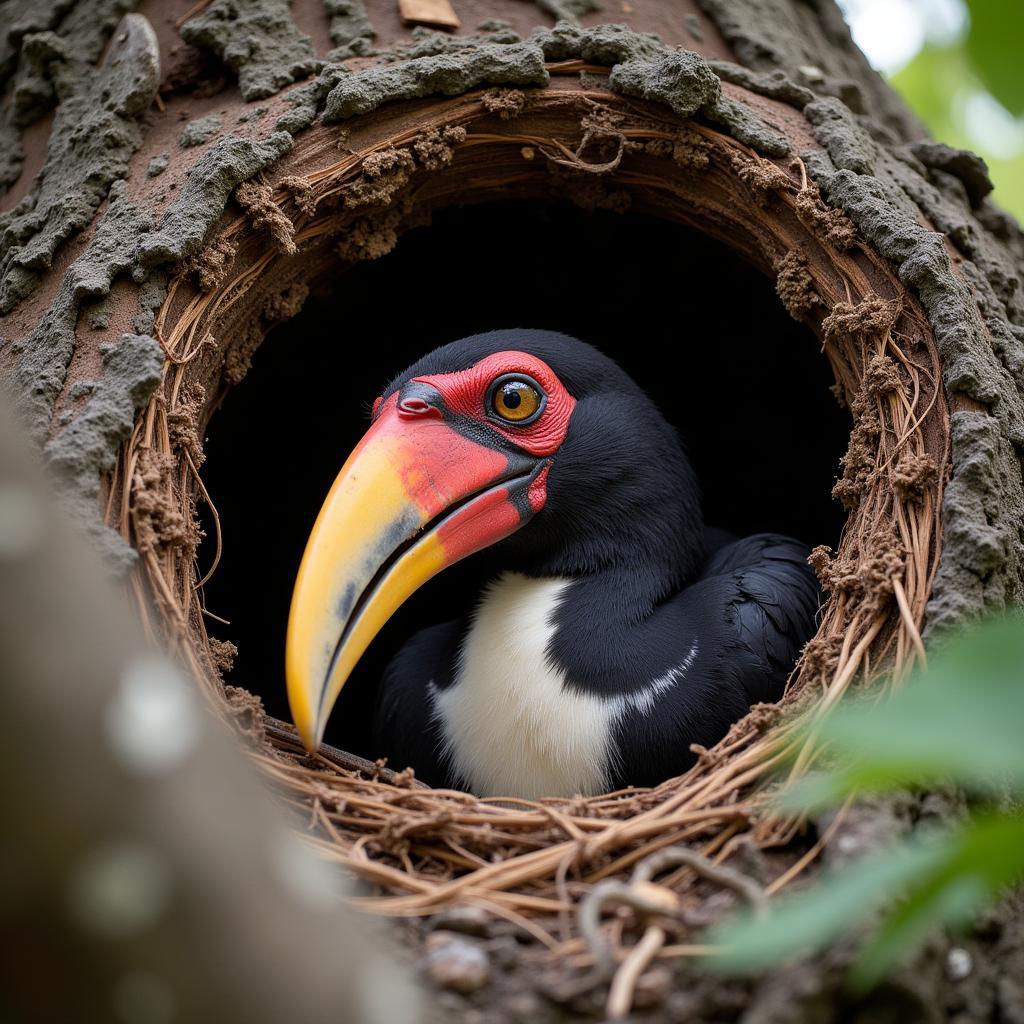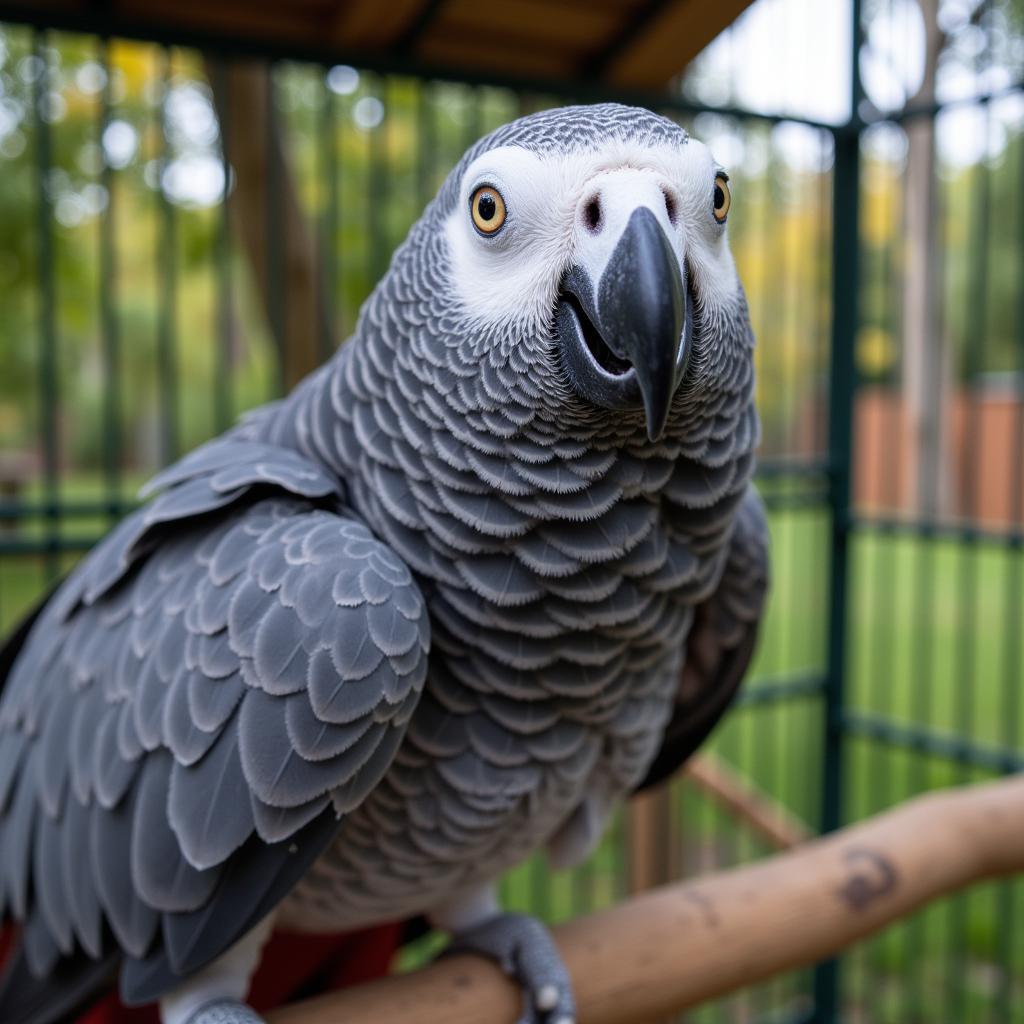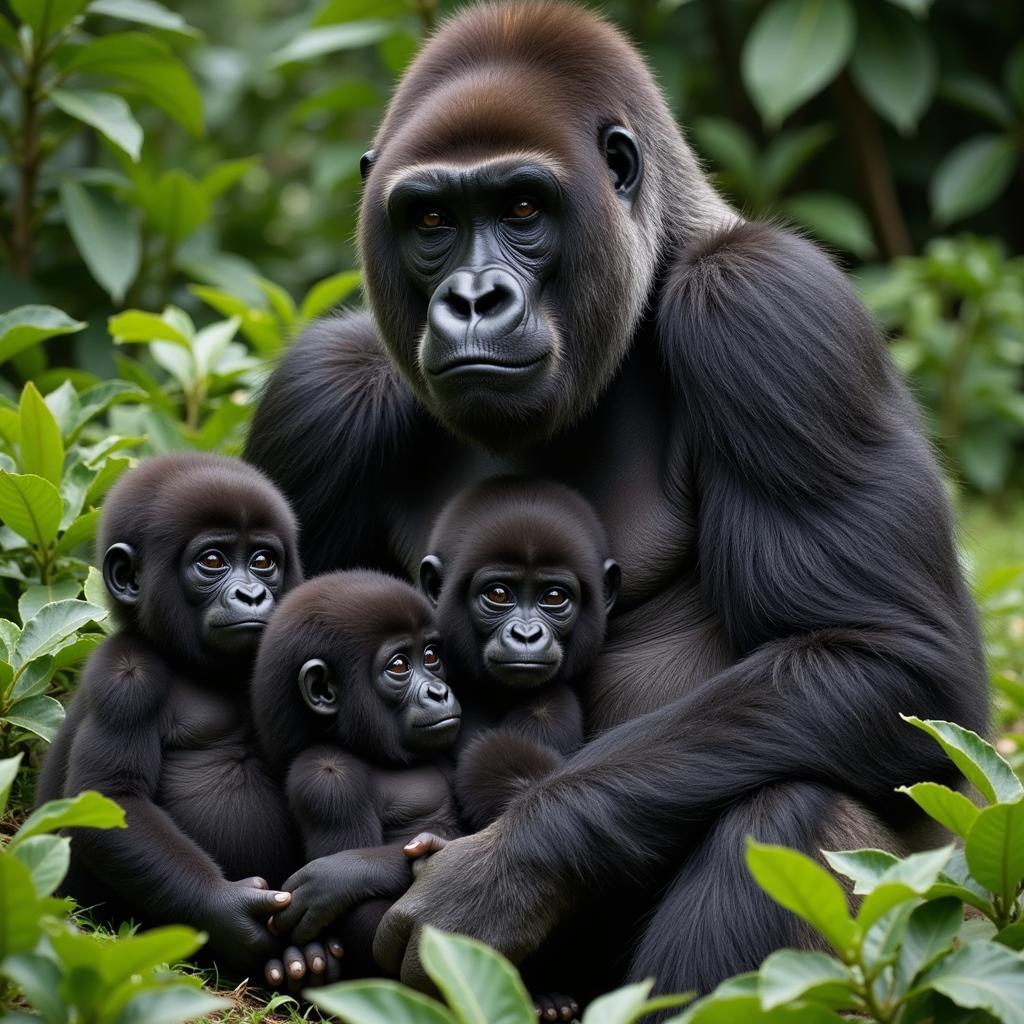Understanding the African Alpha Male: A Look at Masculinity in Modern Africa
Africa is a continent of diverse cultures and traditions, with its own unique perspectives on masculinity. The idea of the “alpha male” has taken on various forms in African society, influenced by both traditional values and modern influences. This article explores the complexities of African Alpha Male identity and its evolution in a changing world.
The Historical Roots of African Masculinity
Traditionally, African masculinity has been deeply rooted in community and responsibility. Men were expected to be providers, protectors, and leaders, playing a vital role in their families and communities. This often involved physical strength, hunting skills, and social prowess.
“In many African cultures, men were seen as the backbone of their communities,” says Dr. Amina Mbiti, a renowned sociologist specializing in African gender studies. “Their roles were centered around providing for their families, defending their communities, and upholding their traditions.”
This traditional view of masculinity has been shaped by diverse cultural practices, including:
- Polygamy: In many African societies, polygamy has been a common practice, with men often having multiple wives. This practice has influenced perceptions of male power and influence.
- Lineage and Inheritance: Male lineage and inheritance often play a crucial role in African societies. This emphasis on lineage has contributed to the perception of men as heads of families and inheritors of land and resources.
- Rituals and Initiation: African cultures often have elaborate rituals and initiation ceremonies for young men, marking their transition to adulthood and their acceptance into the community. These rituals often involve trials of strength, endurance, and knowledge.
Modern Influences on African Masculinity
The 21st century has brought significant changes to African societies, influencing how men understand and express their masculinity.
- Globalization: The global spread of Western culture has introduced new ideals of masculinity, often emphasizing individualism, competitiveness, and material success.
- Urbanization: The migration of people to urban centers has led to the erosion of traditional social structures and expectations, leading to a re-evaluation of masculinity in urban settings.
- Education and Empowerment: Increased access to education and economic opportunities for women has challenged traditional gender roles and created a more equal playing field.
These modern influences have created a complex landscape for African men, as they navigate between traditional expectations and new realities.
Defining the African Alpha Male: A Shifting Landscape
The concept of the “alpha male” in Africa is not a monolithic one. It’s a complex and evolving idea that reflects the intersection of traditional values, modern influences, and individual experiences. Here are some key characteristics:
- Community Leadership: Many African alpha males still see themselves as leaders within their communities, upholding traditions and providing guidance for younger generations.
- Financial Security: Providing for their families and communities is a fundamental aspect of African masculinity. This often translates into a strong work ethic and a desire to achieve financial stability.
- Respect and Authority: African men are expected to command respect and authority, both within their families and their communities. This can be achieved through strength, intelligence, or a combination of both.
- Resilience and Adaptability: African men often face challenging circumstances, requiring resilience and adaptability to overcome obstacles and achieve their goals.
The Future of African Masculinity
As Africa continues to evolve, so too will the concept of the “alpha male.” The future of African masculinity will likely involve a blend of traditional values and modern ideals, embracing a more inclusive and empowering approach.
“The modern African man is a complex individual, balancing tradition with modernity,” notes Dr. Mbiti. “He is striving to find a sense of masculinity that respects his heritage while acknowledging the changing needs of his community.”
FAQs
What are some challenges facing African men today?
African men face various challenges, including economic hardship, social pressure to conform to traditional roles, and the impact of globalization on their identities.
How is technology affecting African masculinity?
Technology is creating new opportunities for African men, but it also presents challenges in terms of navigating online spaces and managing the constant influx of information.
What are some ways to promote positive masculinity in Africa?
Promoting positive masculinity in Africa involves promoting equality, challenging harmful stereotypes, and encouraging open dialogue about gender roles and expectations.
How can I learn more about African cultures?
There are many resources available to learn about African cultures, including books, documentaries, and online platforms.



